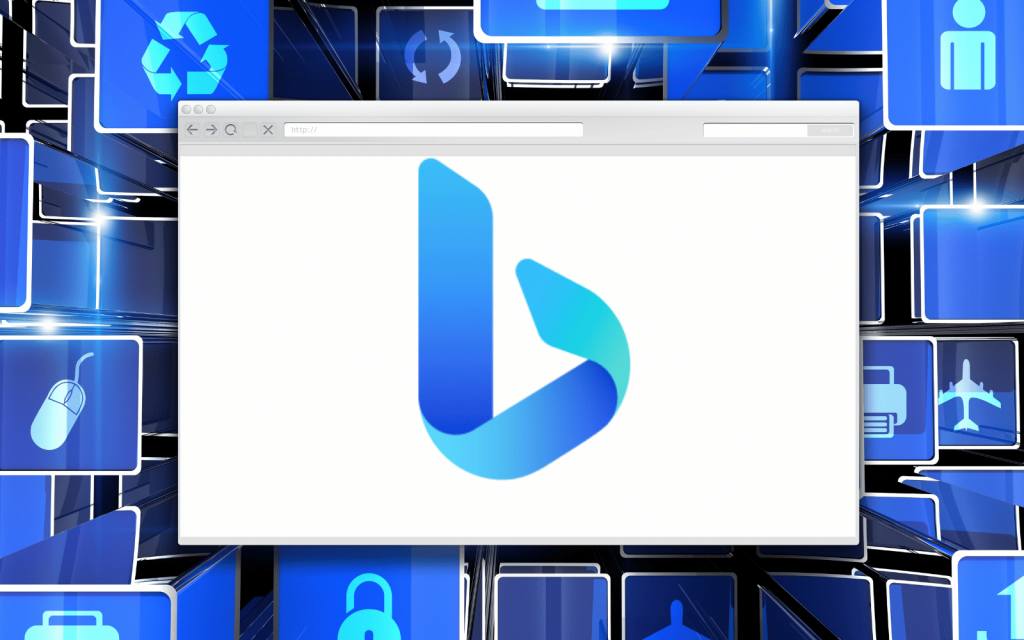“Let’s Bing it,” I often used to joke a few years ago with a good friend who worked at Google. I don’t recall him ever laughing. Google may have become a verb for search, but in the process has become a bloated, inefficient money-making machine. Google’s search quality is now so poor, it’s functionally useless.
Paid-for adverts are intermingled with real search results – which are themselves heavily manipulated by search engine optimisation which allows other people to literally influence what appears higher in searches.
Google gives “prominence to paid results, which means that the largest platforms with the biggest marketing budgets can dominate the Google search page,” the Competition Commission found after a two-year investigation. “Google self-preferences its own shopping and travel units on its search results page,” it found in its Online Intermediation Platforms Market Inquiry (OIPMI) report, which was released at the beginning of August.
Bing it on
In other words, Google has been quietly tipping the scale in its own favour for two decades.
By manipulating its own shopping results, Google doubled this traffic from 4 million to 10 million in just a year from November 2007 to October 2008, according to a 2017 report by the European Commission. “Most of this growth is from improved google.com integration,” according to an internal Google email the EU body quoted.
By becoming the dominant player in internet search, Google has shifted its focus from serving its users to self-serving itself and its real customers: the vast advertising networks that collect and resell consumer data and preferences.
If you buy an Android phone, the default search engine (and browser, App Store, Maps, Photos and other apps) is all from Google – which is the very reason it bought the then-nascent mobile operating system in 2005 for $50 million. It was always designed to extend Google’s dominance in desktop search into mobile but had the unintended consequence of giving it direct access to what is now 90% of all smartphones via the much more fundamental operating system.
Google continued to track Android users despite them opting out and even wiping their devices, other lawsuits have stated. Enormous fines from both US agencies and European privacy watchdogs have done nothing to tame Google’s avarice. It has incorporated surveillance capitalism into the core of its corporate being.
Meanwhile, Google paid Apple an estimated $12 billion a year in 2020 to be the default search option on iPhones and iPads, as the US Department of Justice asserted in a lawsuit that year. This arrangement with Apple is a “significant revenue channel,” the DOJ quoted from an internal Google document.
Read More: Want AI to write your emails? Here’s how Bing Chat AI can do that (and more) on your Android device
Because almost half of its search in 2019 says via these Apple gadgets, by Google’s own estimates, it would be a “code red” disaster if this arrangement was stopped, the lawsuit claimed. By 2022, this had risen to $20 billion a year, according to Bernstein analyst Toni Sacconaghi’s estimates, up from $15 billion in 2021.
Alternative search engines like DuckDuckGo (which I used for the past five years) and Bing (which I have been mostly using since last November when ChatGPT was integrated into its search) have therefore struggled.
Just like most people never change the tyres or mag wheels of their car, nobody changes the default search engine. Get your search engine or browser as the default on a device, and you can pretty much expect nothing to change.
Microsoft is no angel. It faced its own years-long antitrust investigation by various US government departments and agencies over how it bundled its Internet Explorer browser with Windows, which was then the dominant desktop operating system. Those days seem quaint by comparison. Microsoft’s corporate governance has increased, while its business model has evolved. Unlike Google, it doesn’t data mine its own customers to on-sell their information.
But Microsoft, and by extension, Bing, is infinitely less evil than Google and its search. Literally any company is, except Facebook.
It will take you two minutes, maybe three, to change your search engine. It‘s worth it.
- This article was first published on Daily Maverick
